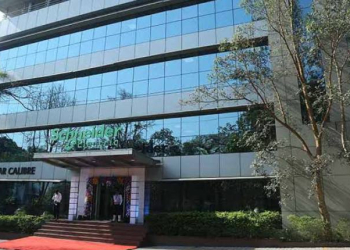London: The UK’s economic outlook has been lowered to “negative” by ratings agency Moody’s due to the ongoing political instability and high inflation.
Moody’s changed the UK’s outlook, which is a marker of how likely it is to pay back debts, from “stable”, the BBC reported.
Rating agencies, in essence, rate a country on the strength of its economy.
Moody’s along with another of the big credit rating agencies Standard & Poor’s (S&P) maintained their assessments of the UK’s credit rating.
Rating agencies give governments (or large companies) a score on how likely they are to pay back their debt.
Moody’s said there were “risks to the UK’s debt affordability”, but kept its rating of Aa3, the fourth-highest level on its scale.
Meanwhile, S&P maintained the UK’s rating of AA, its third highest rating level, and maintained its previously-changed outlook from stable to negative.
The reports published on Friday do not mean the UK’s credit rating has been downgraded, but a negative outlook indicates it could be downgraded at a later date.
The other outlooks countries can be given are positive, or stable, and any outlook period typically lasts 12 to 18 months, BBC reported.
Moody’s said there were two “drivers” behind its decision to change the UK’s economic outlook.
It said the first was “the increased risk to the UK’s credit profile from the heightened unpredictability in policymaking amid a volatile domestic political landscape”.
Moody’s said this challenged the UK’s “ability to manage the shock arising from weaker growth prospects and high inflation”.
The rating’s agency said it viewed the government’s mini-budget, the reversal of the majority of the policies in it, and the change in Prime Minister as a “continuing reflection of the weakening predictability of fiscal policymaking seen in previous years”.
Moody’s assessment comes after government borrowing costs rose sharply in the aftermath of the mini-budget in September when investors became spooked by the then Chancellor Kwasi Kwarteng pledging huge tax cuts without saying how the government would pay for them.
(IANS)




















